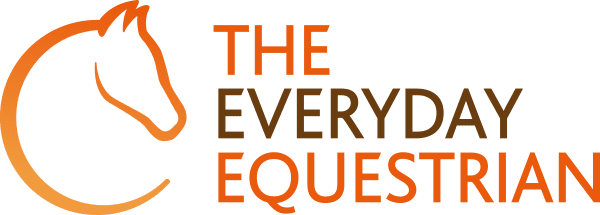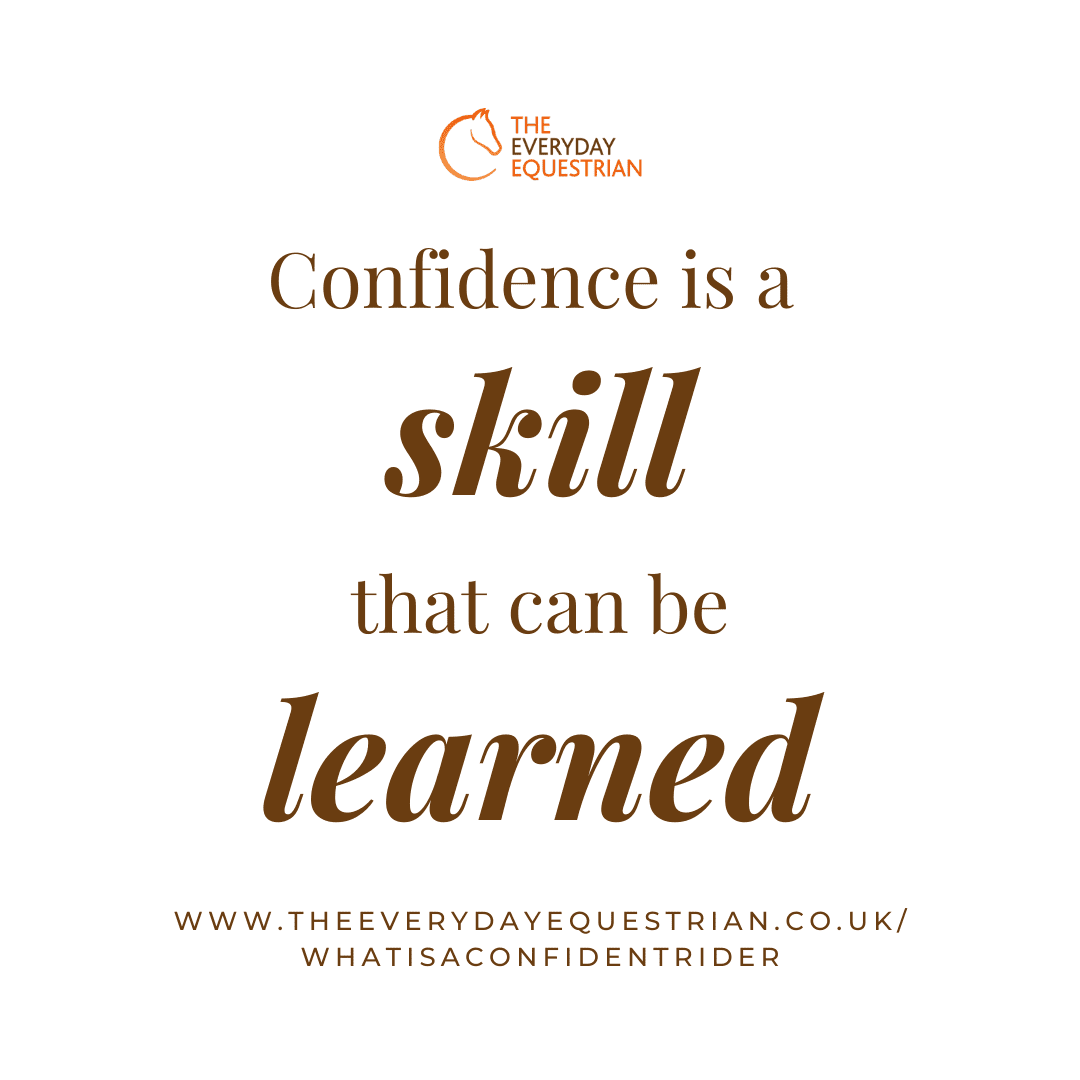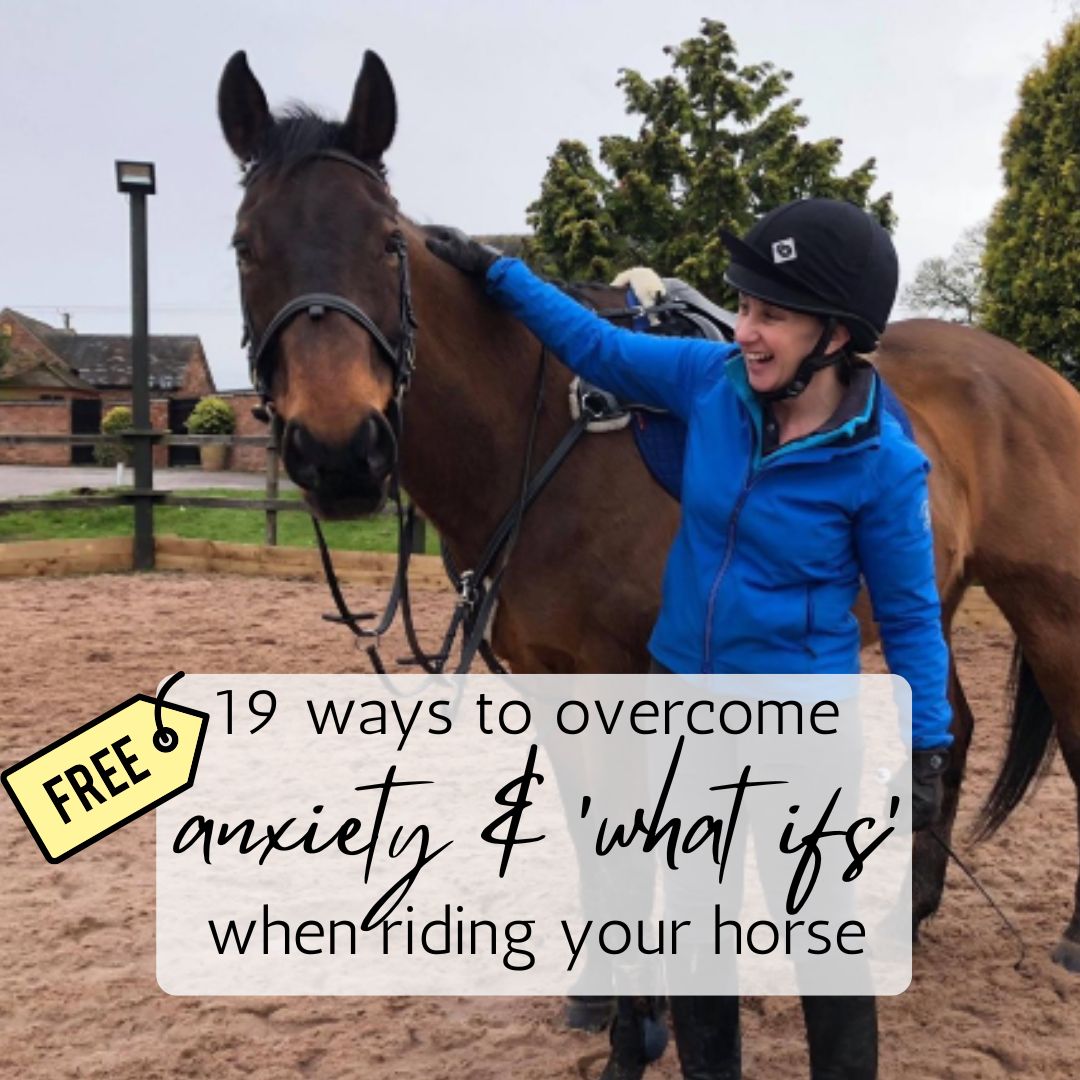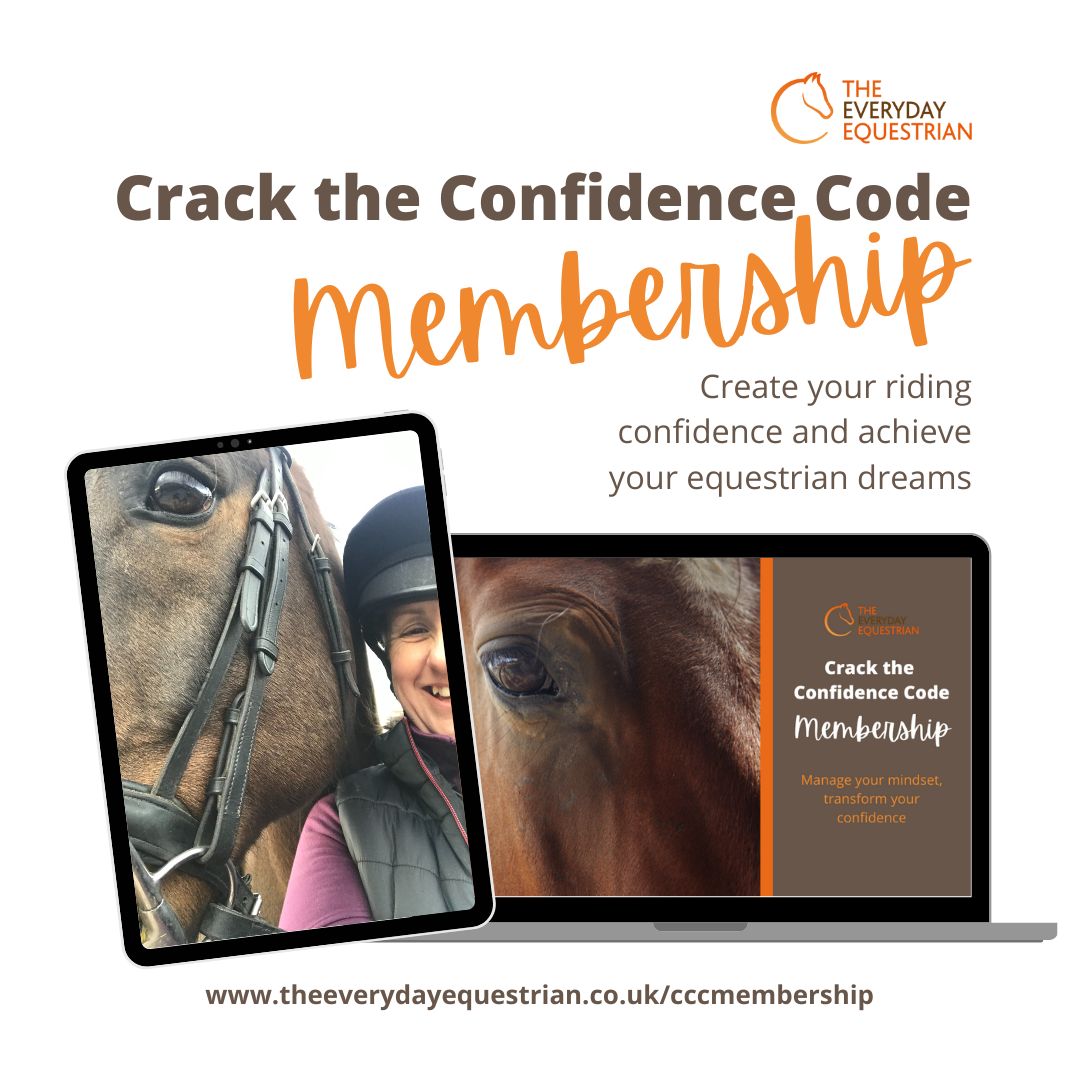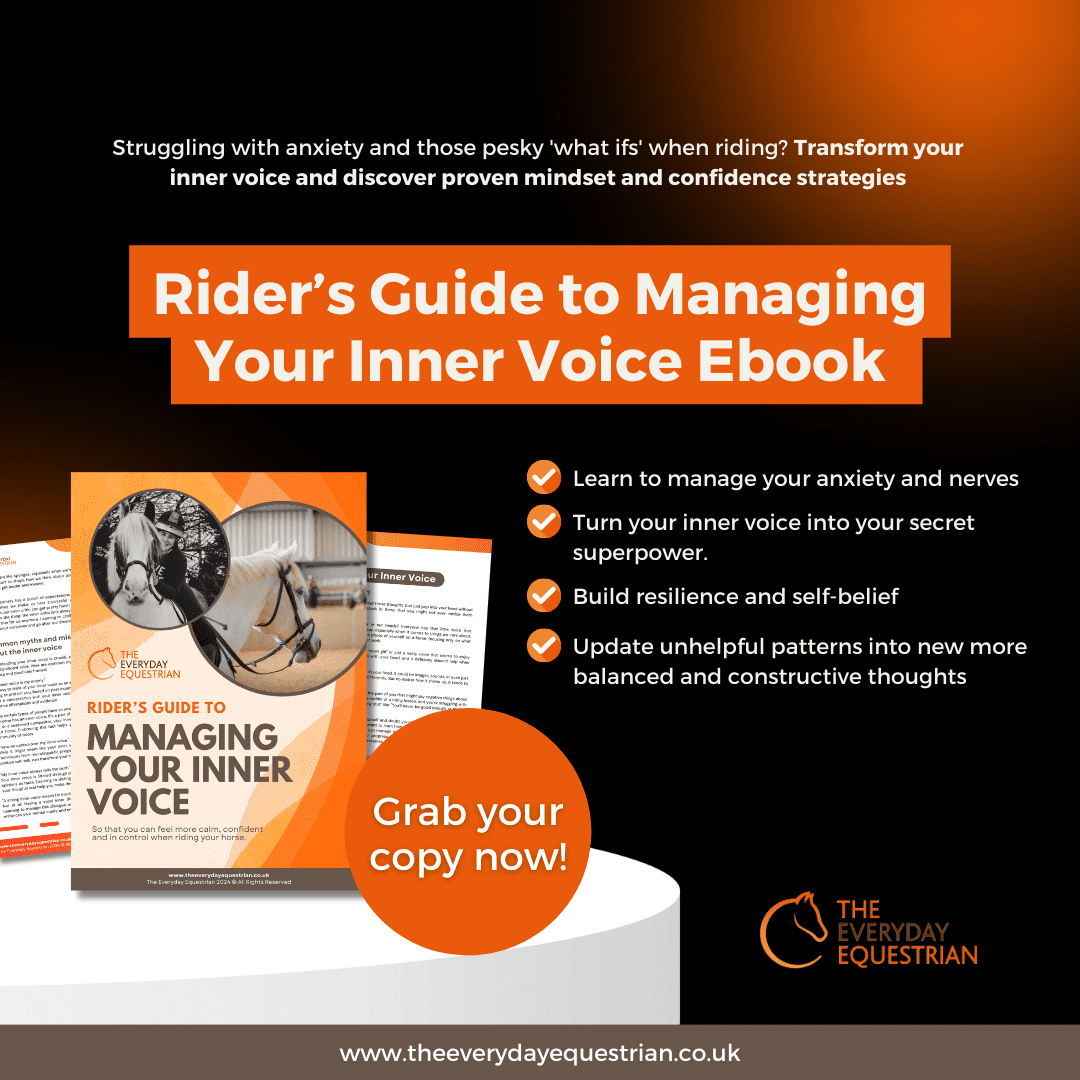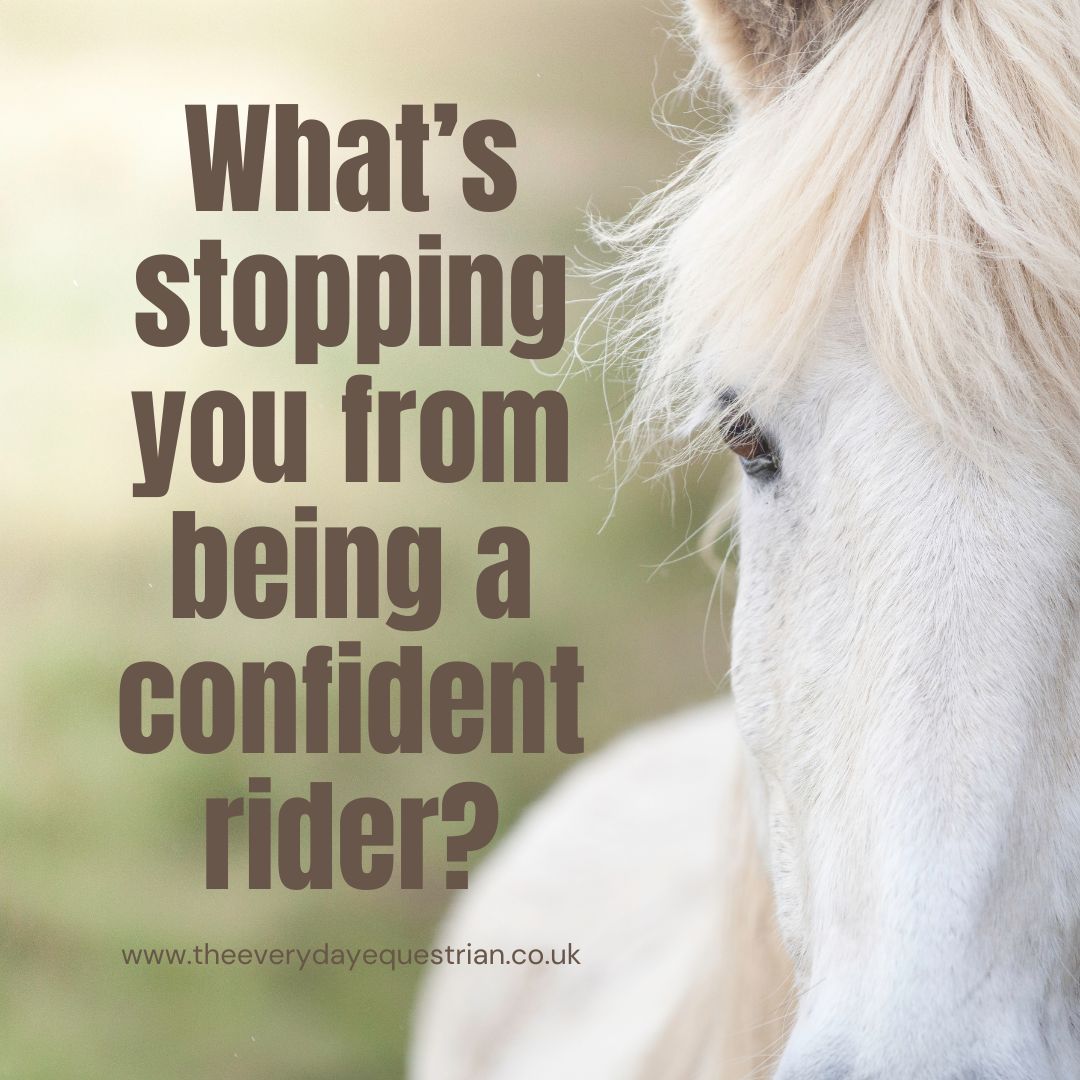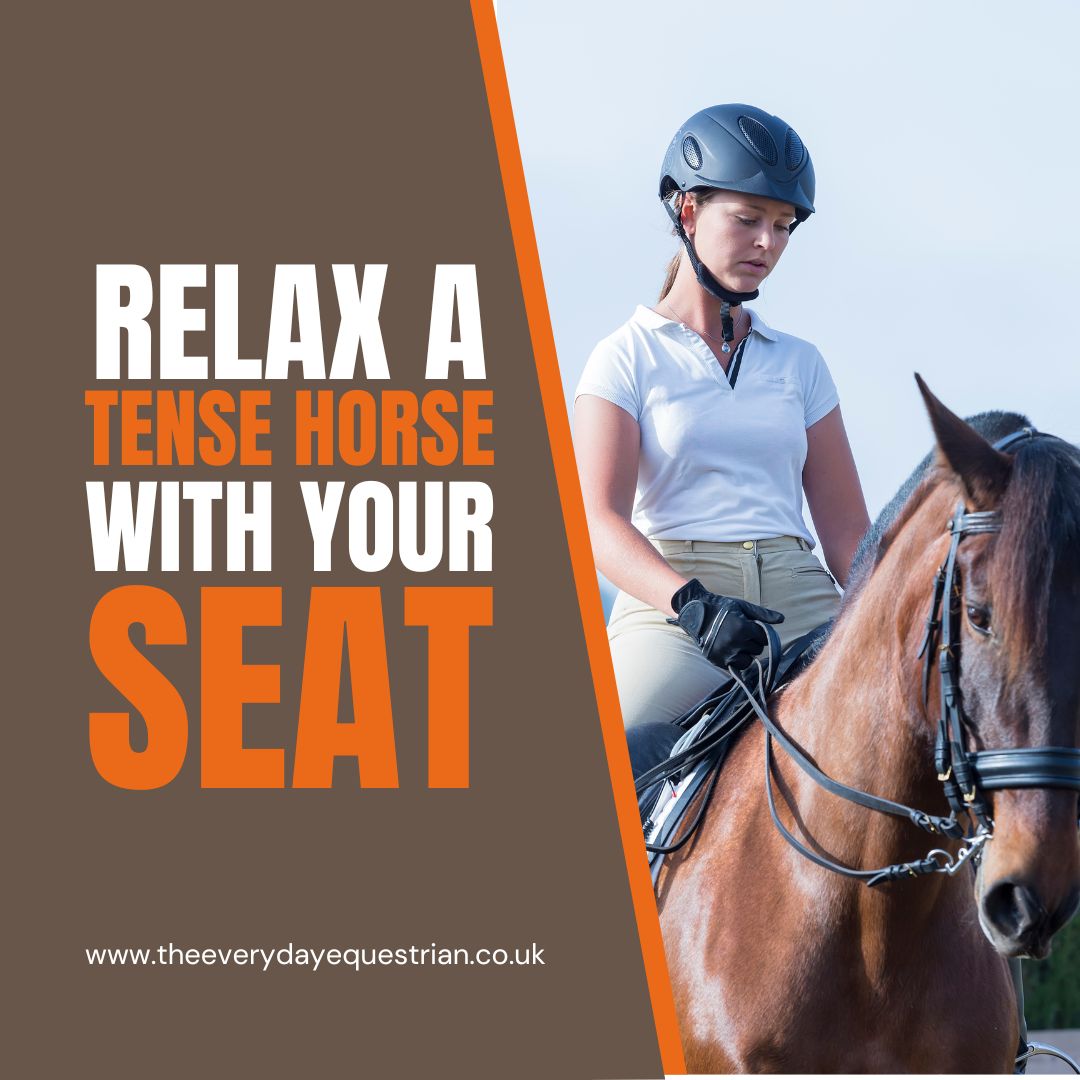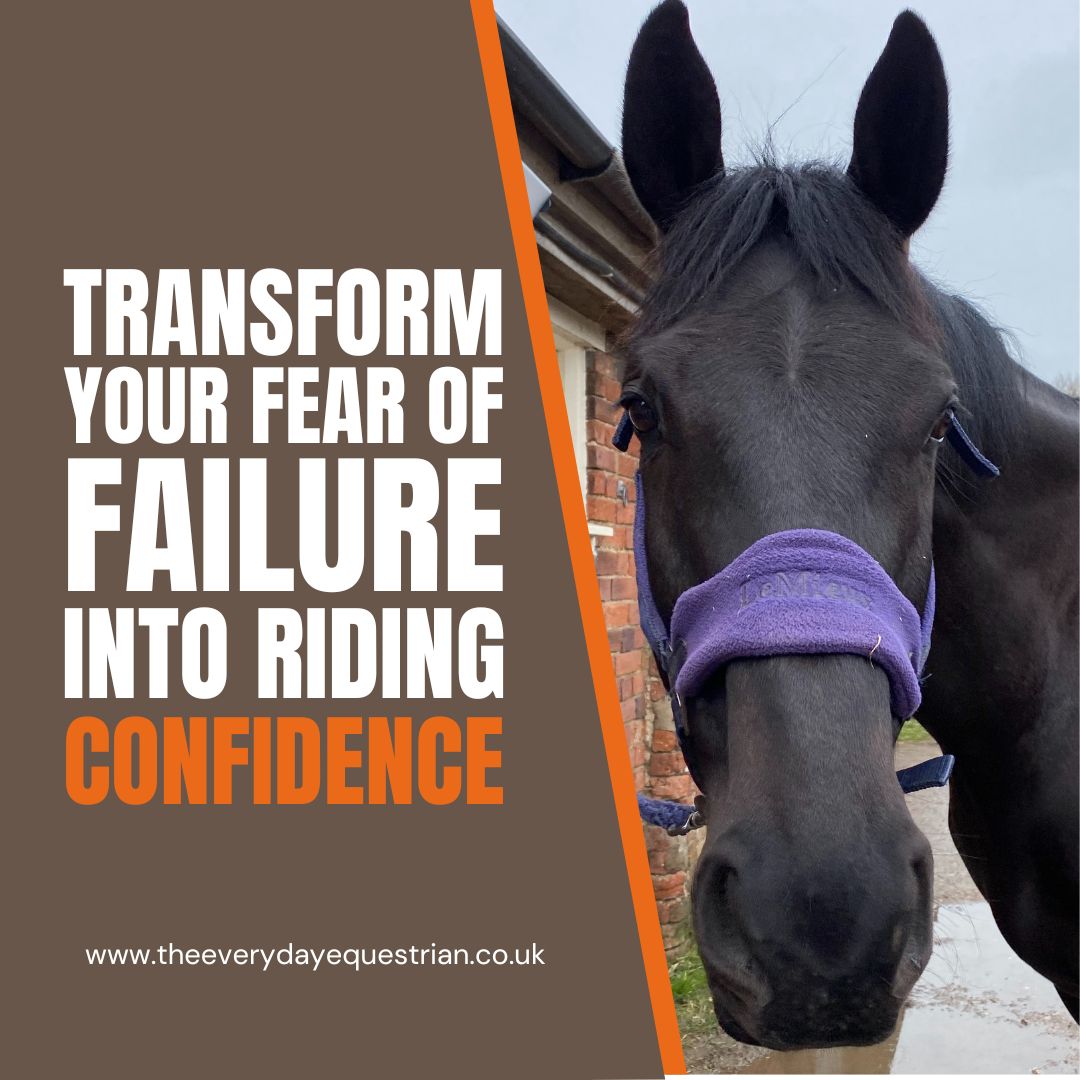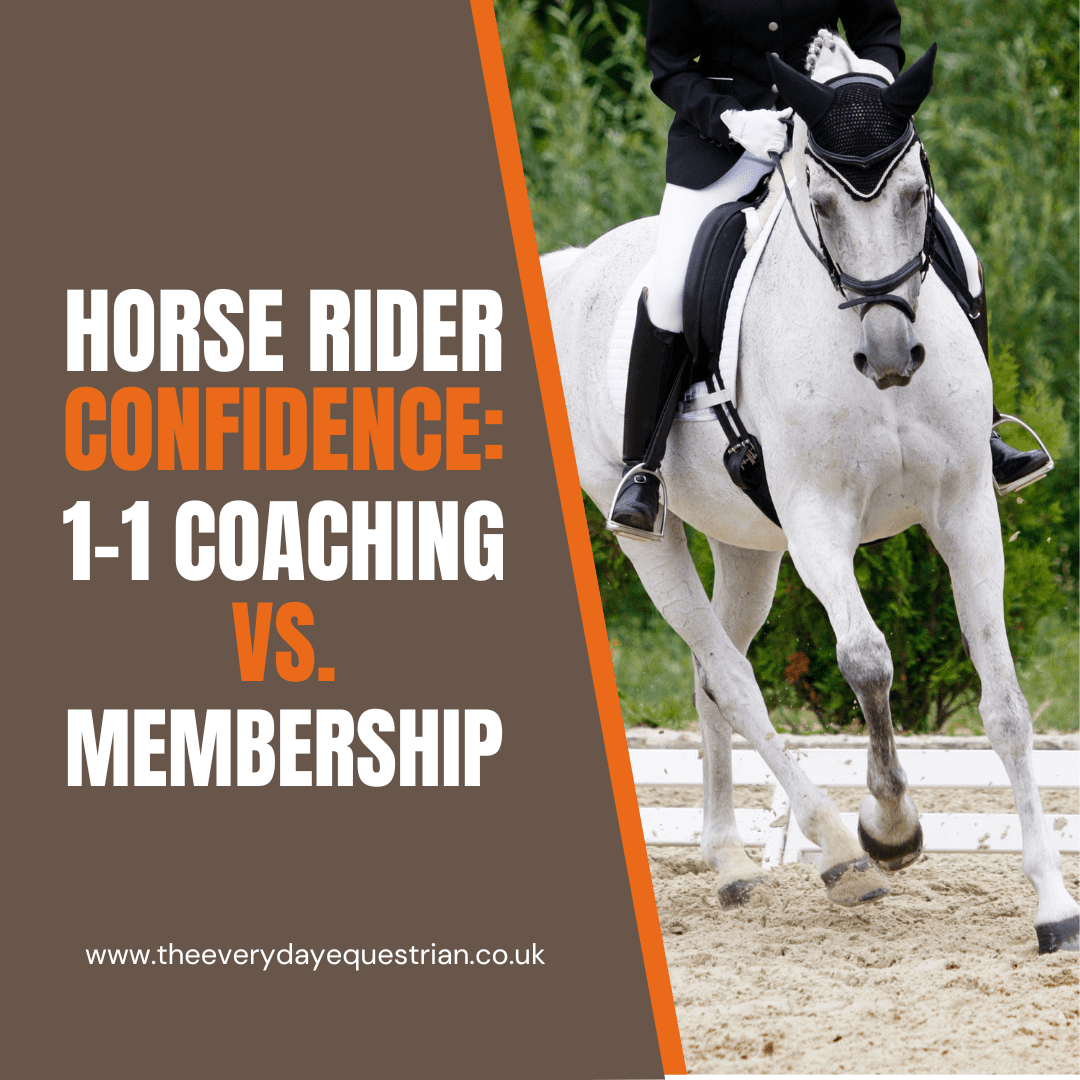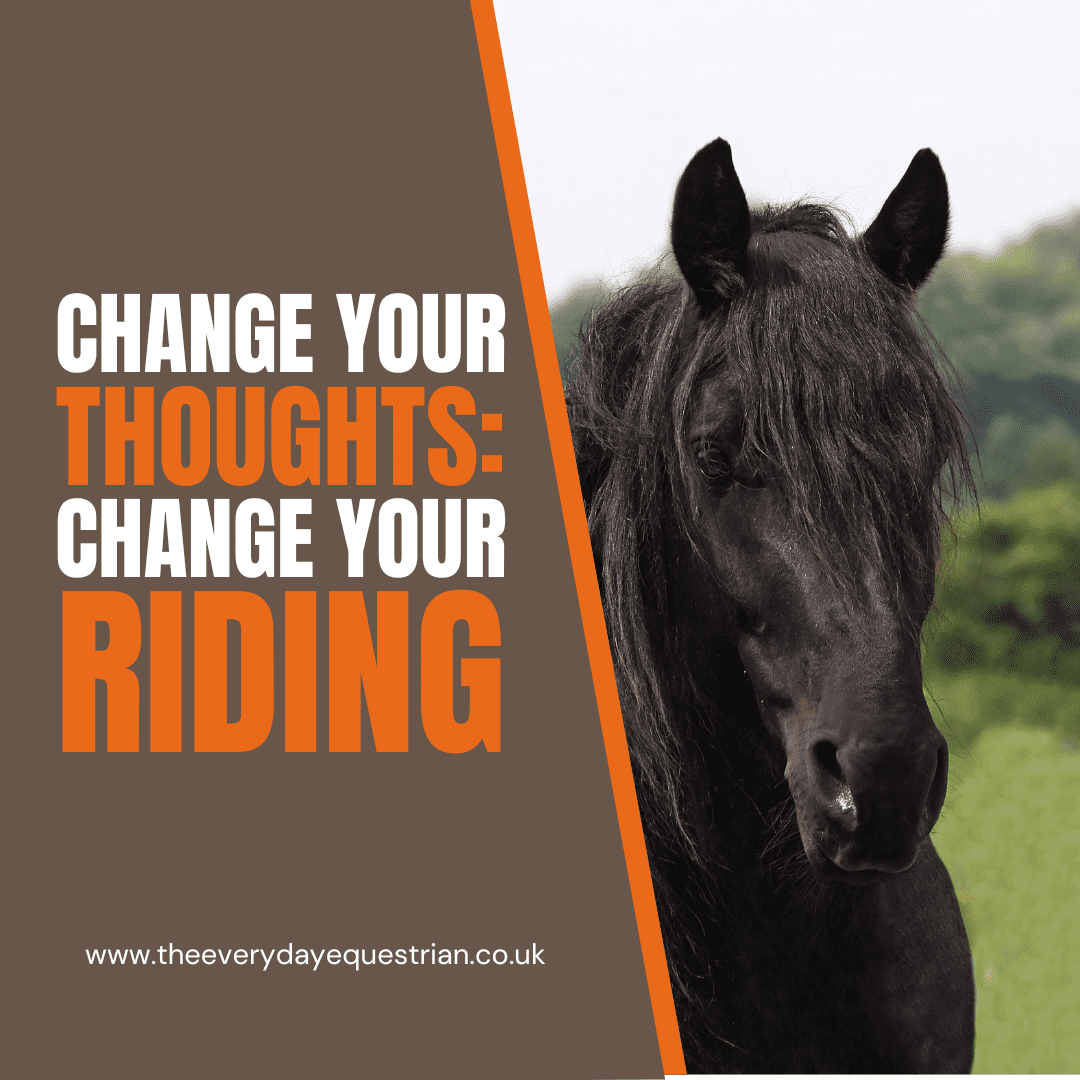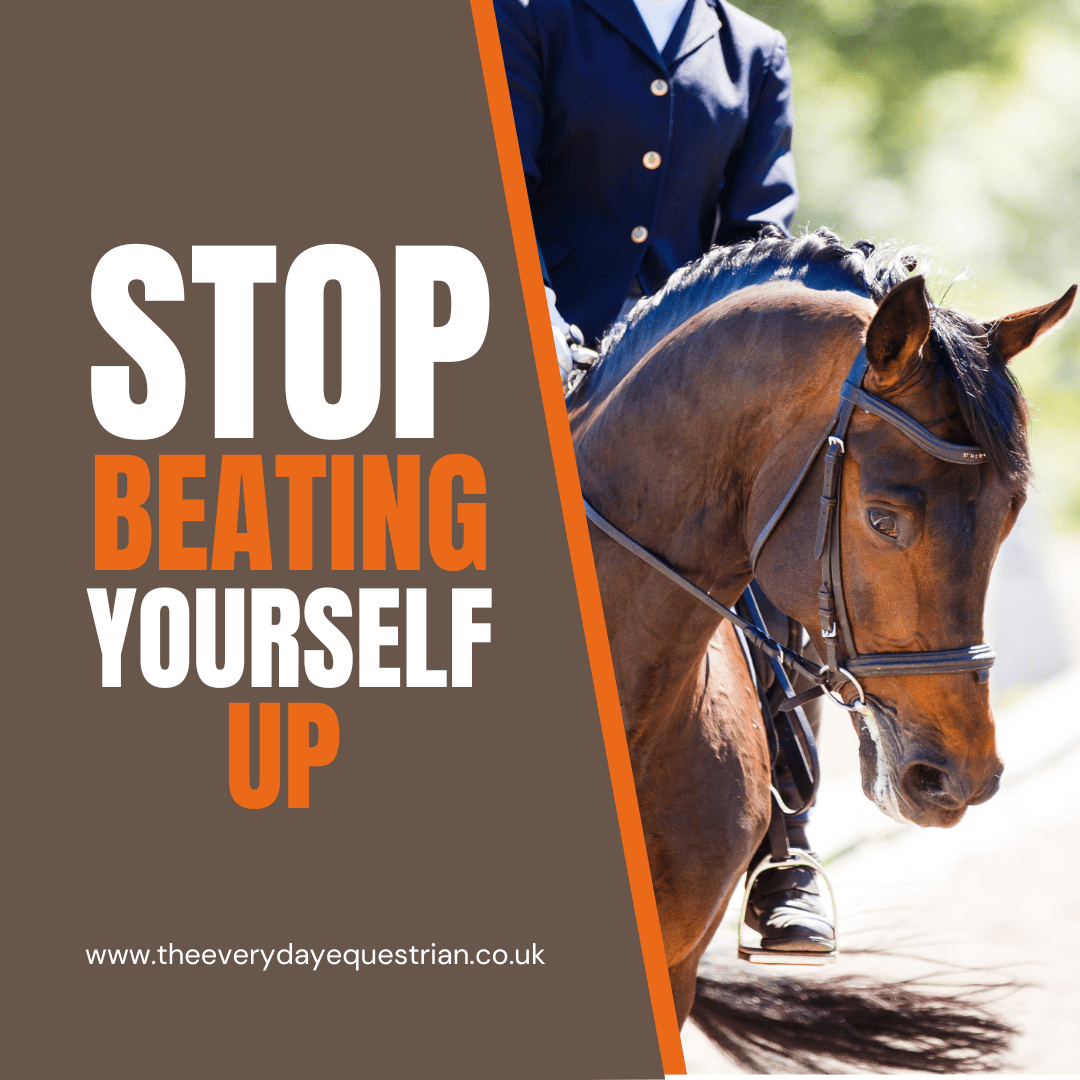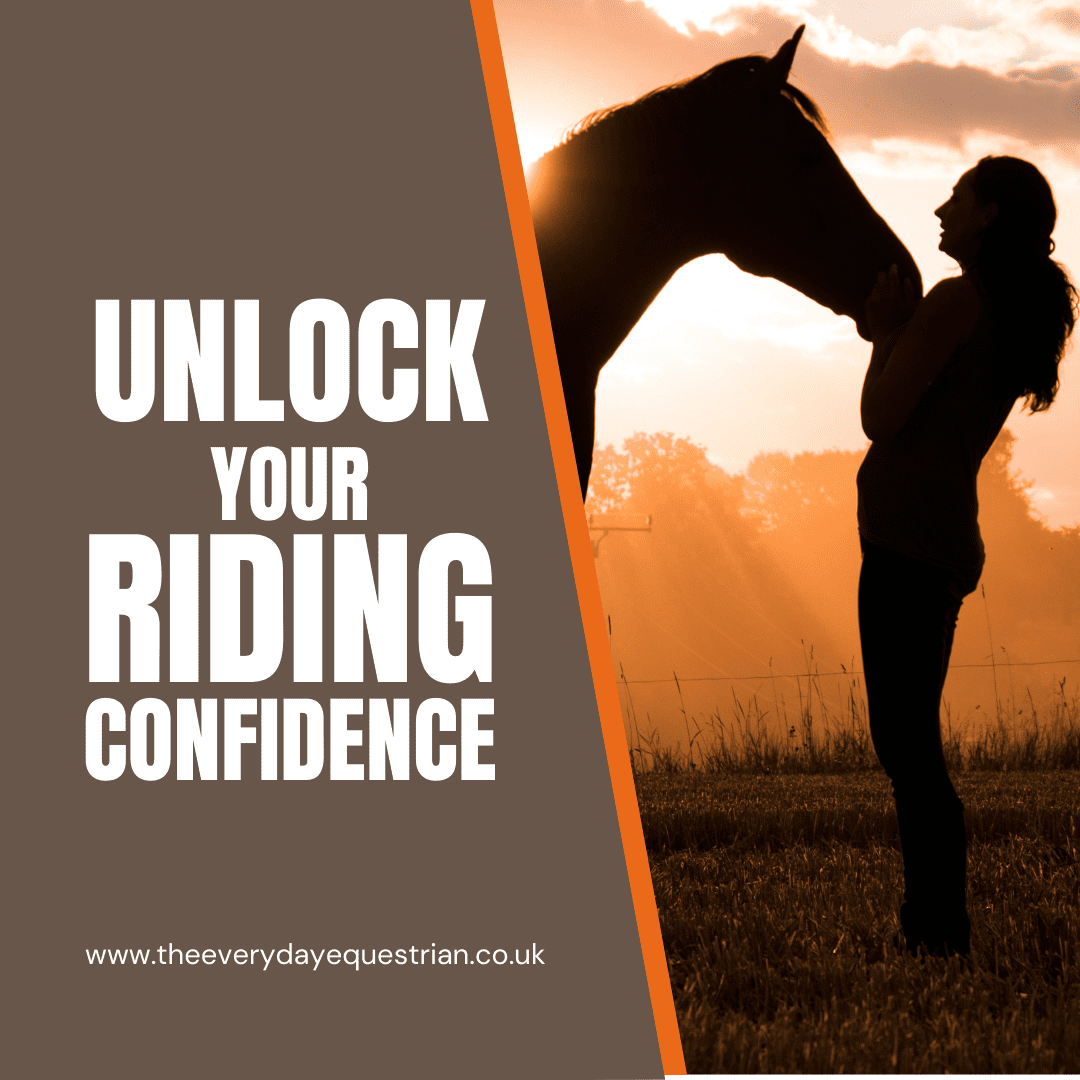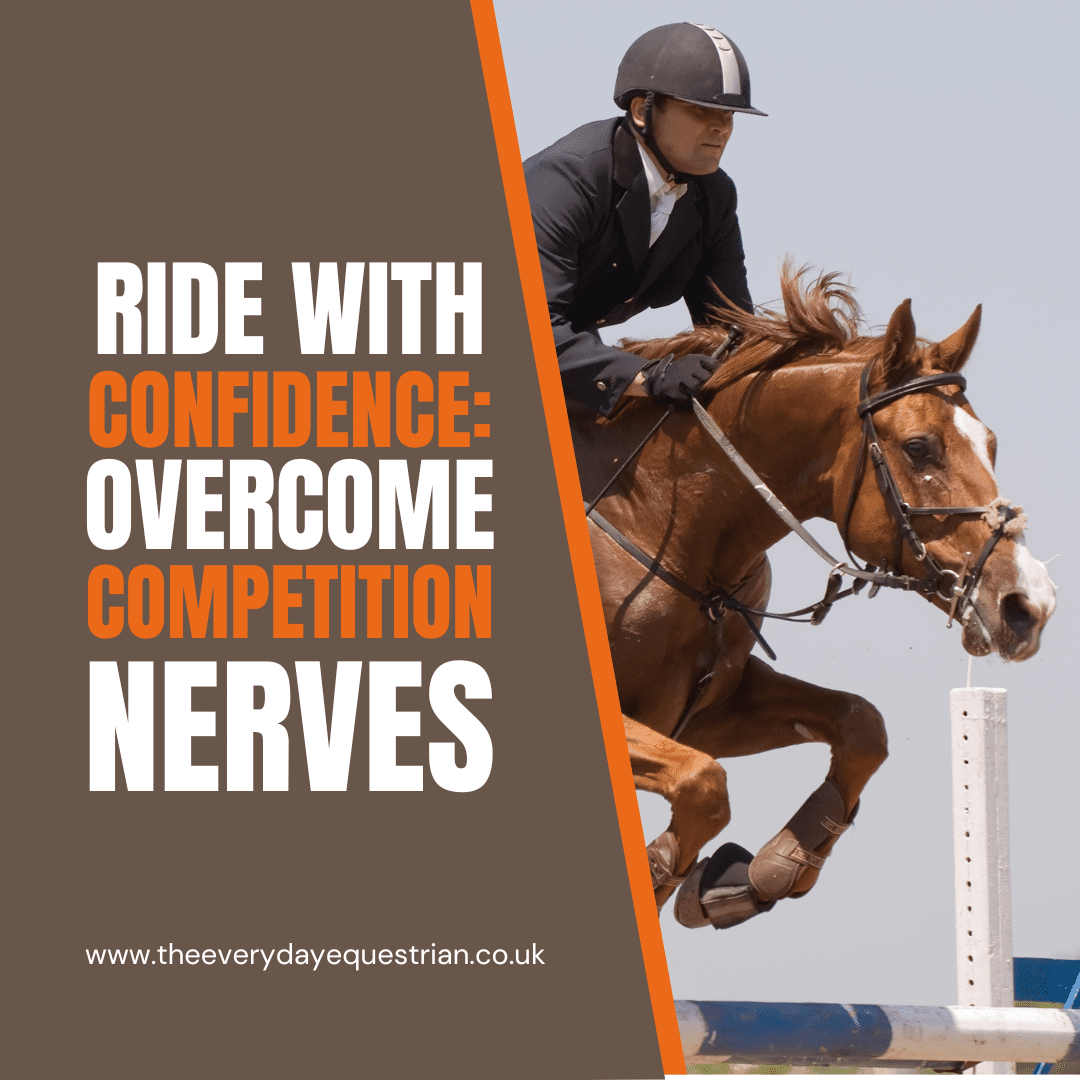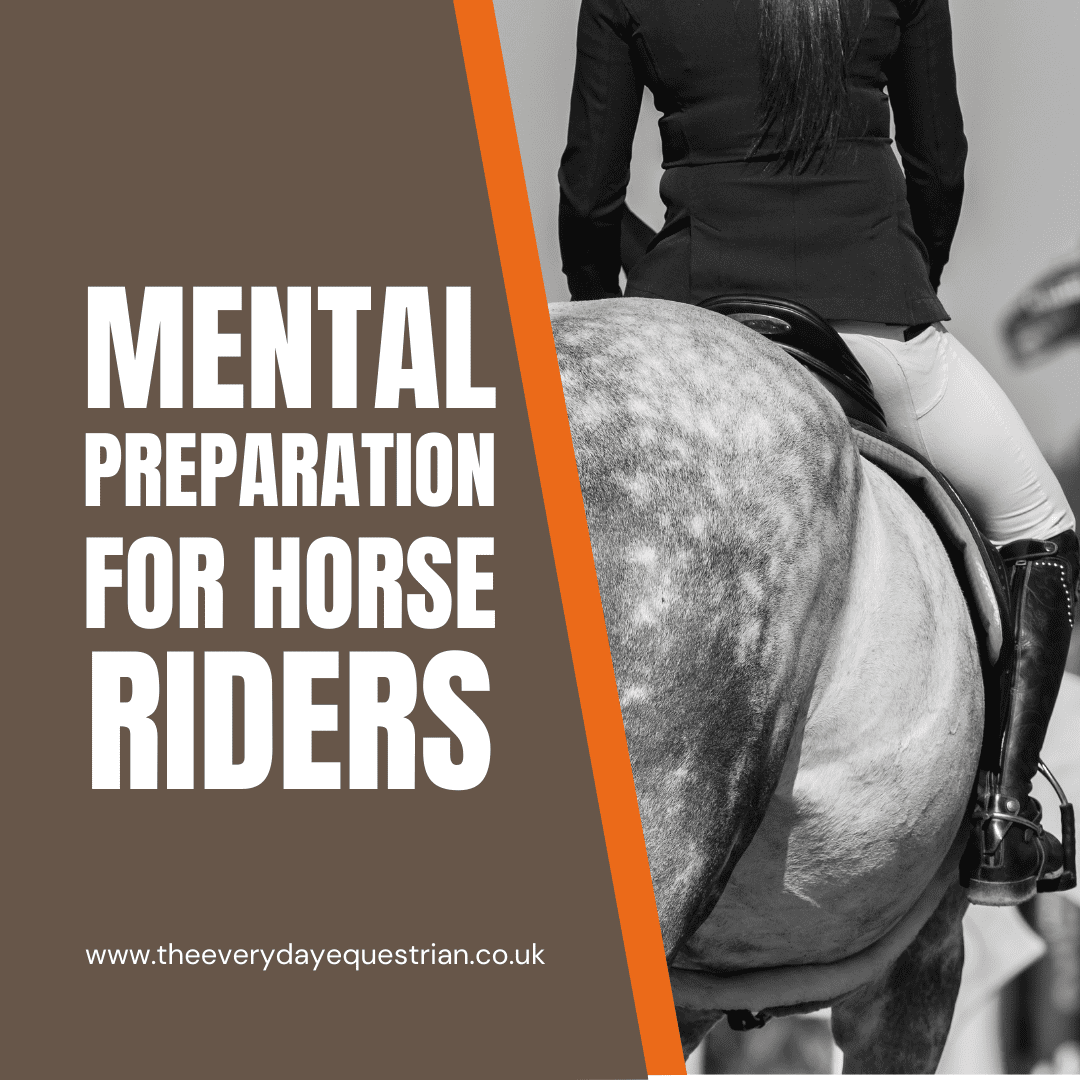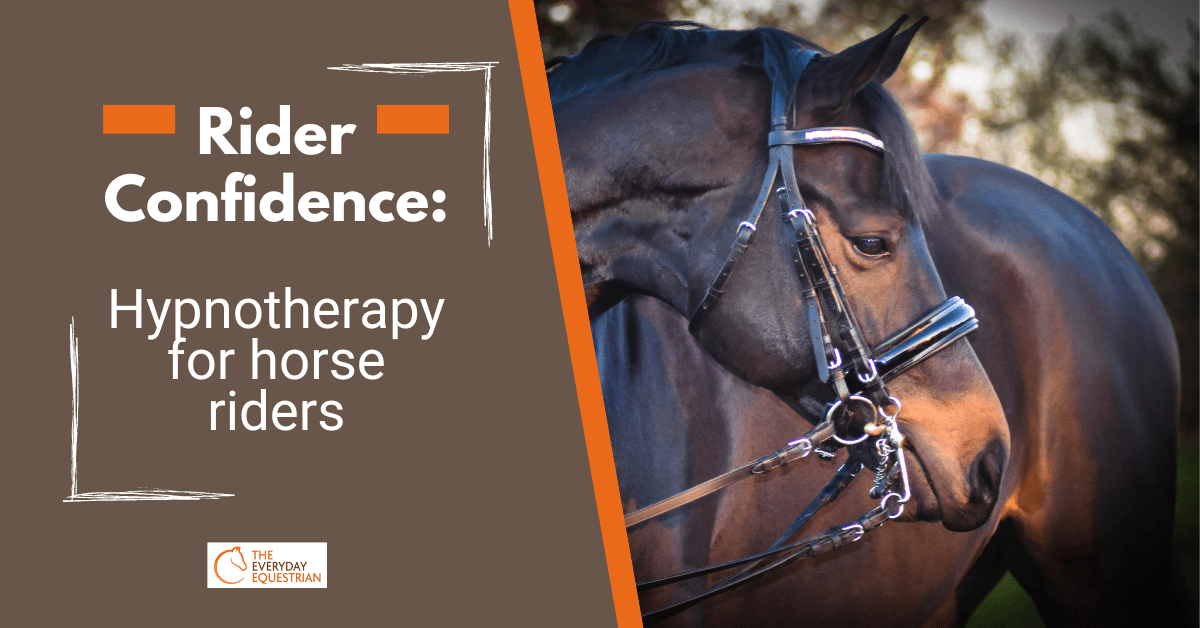Have you ever wondered what being a confident rider actually means? How do you know if you’re confident? Do you even think about how you’re a confident rider (or not?!)?
The term ‘confident rider’ is talked about an awful lot, and there are numerous social media groups and forums where riders who are struggling with a lack of confidence in their riding share their experiences and ideas, but what does it really mean to be a ‘confident rider’?
There are so many different aspects of being a rider that can influence whether we feel truly confident or not.
Level of experience
Having ridden horses for years can be a double edged sword! Time in the saddle and with different horses brings with it inevitable highs and lows, and depending on how you manage those challenges, can have a huge impact on your confidence. For example, knowing that you can ride a wide variety of different horses at different levels, can offer plenty of positive evidence that you are an experienced, capable rider. However, in riding such a wide variety of horses, you will inevitably have accidents, falls and near-misses, and if these have shaken you physically or psychologically, the aftermath can lead to a loss of confidence and self-belief.
Conversely, novice and inexperienced riders who are learning their trade, can sometime be naively confident, perhaps not yet fully versed in the impact (figuratively and literally) of falls and accidents. The saying “ignorance is bliss” can go both ways, and isn’t always a bad thing, allowing novice riders to develop their skills, although I would always advise that they work with a good Coach to help minimise risk and promote positive learning experiences.
The horse
No horse is inherently bad, however some horses are subject to such poor treatment and training that they become extremely difficult to manage and ride, through no fault of their own. For those that are fortunate enough to have been brought on correctly and ethically, their future is entirely in the hands of their owners and riders. It is our responsibility as horse riders to ensure that we are doing everything we can to develop our physical skills, balance, symmetry and communication with with horse, in order to have a positive impact on the horse’s welfare, soundness and training. Yes, we all make mistakes, but the key is to learn from them.
In terms of confidence, we all have a duty to buy the right horse for our circumstances and real, actual ability, rather than the horse we wish we could ride. I see waay to many riders who have simply bought the wrong horse for their needs. Nothing will undermine a rider’s confidence more than being over-horsed and scared! Yes, finding the right horse is incredibly difficult sometimes, however we must be brutally honest with ourselves about the type of horse we need, rather than the horse we want. These are often two very different animals!
Rider Mindset
Falling off is part and parcel of riding. It’s a risk we all take when riding. Owning horses is a roller coaster of emotions, with super highs and super lows. Confidence comes from being able to manage your emotions through the good times and the bad, and a person’s mindset has a huge impact on our self-belief, confidence and resilience.
It is entirely possible to become confident again after a fall or accident, however the majority of riders simply don’t have access to the tools, techniques and strategies to rebuild a positive, balanced mindset. Throughout the equestrian industry are the questionable strategies of “you must get straight back on the horse”, or “just kick on, you’ll be fine”, neither of which are particularly helpful (or safe!) when a rider is already in flight or fight mode.
If you were struggling with a particular riding skill, for example riding better canter transitions, jumping related distances or moving up to the next competitive level, then I’m fairly sure that one of the first things you’d do is get some lessons from a decent coach. But for some reason, riders don’t think about how they could develop their mental skills and resilience in the same way.
We can all learn more about how our minds work, and practice simple, effective strategies to become more calm and confident as riders. It’s easier sometimes to focus on the practical things; really digging deep into our beliefs, thoughts and emotions can feel hard and overwhelming. But for those who commit to ‘sorting their head out’, the rewards are amazing.
Definition of confidence
I could ask 1000 riders what being confident means to them, and I’m sure I’d get a wide variety of different answers, however there would be themes running through their comments. It’s way easier to define what a lack of confidence feels like: fears of falling off and getting hurt, fear of uncertainty and fear of failure and judgement, and exploring what experiencing true confidence means can help riders start to make positive mindset shifts.
When I’ve worked with riders to develop their riding confidence, the key development points are:
- Identifying and overcoming limiting beliefs about themselves and their horse.
- Finding awareness of thought patterns, good and bad, and exploring the stories they tell themselves.
- Letting go of negative emotions and finding learning in challenging experiences.
- Defining what they actually want to happen, and owning it at an unconscious level.
- Exploring internal and external language patterns, and how these can be adjusted to offer the desired outcomes.
- Taking 100% responsibility for their beliefs, thoughts, emotions and actions… at all times.
- Becoming resilient, developing the self-belief to manage and thrive during good times and those periods which challenge us, and having a set of tools, techniques and strategies to hand which they can turn to when needed.
(Plus a whole heap of other stuff too!)
Confidence is personal, individual, and fluid.
Start thinking about rider confidence as a spectrum, where sometimes we’ll be close to empty and other times will be full.
For most riders, feeling confidence is a process rather than an outcome; learn to enjoy and explore where you are now and find joy in the journey towards feeling more confident, in whatever form that takes for you.
And know that confidence is a skill, just like any other, which can be learned, taking you from a beginner to a master of your own mindset.
